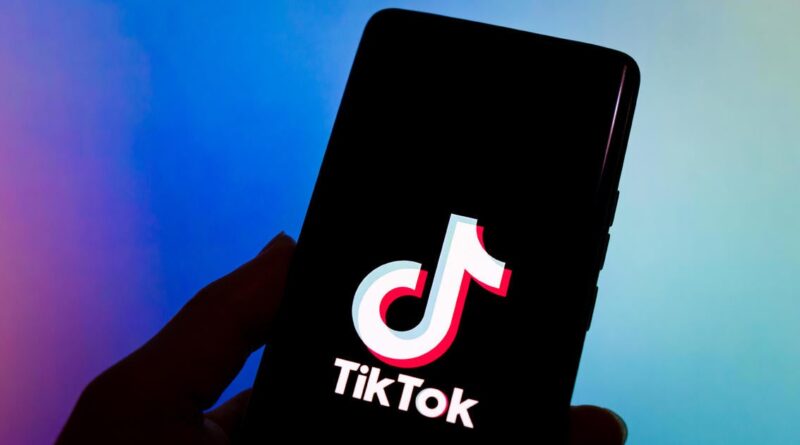Supreme Court may announce opinions Friday as decision on TikTok ban looms
Washington — The Supreme Court said Thursday that it may announce opinions on Friday morning, a last-minute addition to the schedule that comes just two days before a law that would ban TikTok is set to go into effect.
“The Court may announce opinions on the homepage beginning at 10 a.m.,” a notice on the court’s website said, without specifying what case or cases might be decided. “The Court will not take the Bench.”
The law would cut TikTok off from U.S. app stores and hosting services if it does not cut ties with its China-based parent company, ByteDance, before the Jan. 19 deadline.
The Supreme Court seemed likely to upload the law when it heard arguments over TikTok’s legal challenge last week, with the justices seeming sympathetic to the government’s claims that China could use TikTok to collect a vast amount of data on its American users and spy on them.
Noel Francisco, who argued on behalf of TikTok and ByteDance, said the potential Supreme Court decision is “enormously consequential” for the platform’s 170 million users in the U.S. and their free speech rights.
If the law is not paused or overturned by Sunday, “we go dark,” Francisco said last week. “The platform shuts down,” he said, later clarifying that TikTok would no longer be available in U.S. app stores.
Solicitor General Elizabeth Prelogar said the “unprecedented amounts” of personal data collected by TikTok would give the Chinese government “a powerful tool for harassment, recruitment and espionage.” She cited several data breaches that the U.S. has attributed to China over the last decade, including the hack of the Office of Personnel Management that compromised the personal information of millions of federal employees.
“For years, the Chinese government has sought to build detailed profiles about Americans, where we live and work, who our friends and coworkers are, what our interests are and what our vices are,” Pregolar said.
In April, Congress swiftly passed the bipartisan legislation, known as the Protecting Americans from Foreign Adversary Controlled Applications Act, as part of a foreign aid package, and it was signed into law by President Biden. It gave TikTok nine months to sever ties with its Beijing-based parent company ByteDance, with the possibility of a 90-day extension if a sale were in progress by the January deadline. Absent a sale, TikTok loses access to app stores and web-hosting services in the U.S.
The law would take effect one day before President-elect Donald Trump is sworn in. Trump, who attempted to prohibit the app during his first term over national security concerns, has since said he wants to “save” the app and has credited it with helping him win over more youth voters.
“We will put measures in place to keep TikTok from going dark,” Trump’s incoming national security adviser Mike Waltz told Fox News’ “Fox & Friends” on Thursday. “It’s been a great platform for him and his campaign.”
Some lawmakers are also pushing for a delay in the law’s implementation. Two Democratic senators said Thursday they sent a letter to Mr. Biden urging him to trigger a provision in the measure to delay it for another 90 days, despite no apparent sale being in progress.
“It’s time to take a breath, try to step back, buy some time, try to figure this out rationally. But in no way should we have TikTok go dark,” Democratic Sen. Ed Markey of Massachusetts said Thursday. “It would be catastrophic with just so many small businesses, so many creators, so many communities that have been created with no alternative available.”
Lawmakers and intelligence agencies have long had suspicions about the app’s ties to China and have argued that the concerns are warranted because Chinese national security laws require organizations to cooperate with intelligence gathering.
TikTok and ByteDance filed a legal challenge in May that called the law “an extraordinary and unconstitutional assertion of power” based on “speculative and analytically flawed concerns about data security and content manipulation” that would suppress the speech of millions of Americans.
A federal appeals court issued a ruling in December that upheld the law, saying the U.S. government “acted solely to protect that freedom from a foreign adversary nation and to limit that adversary’s ability to gather data on people in the United States.” A week later, the appeals court denied TikTok’s bid to delay the law from taking effect, pending a Supreme Court review.
On Dec. 16, TikTok asked the Supreme Court for a temporary pause, saying it would suffer “immediate irreparable harm” if the high court did not delay the ban. Two days later, the Supreme Court said it would take up the challenge to the law under an expedited timeline.
contributed to this report.

